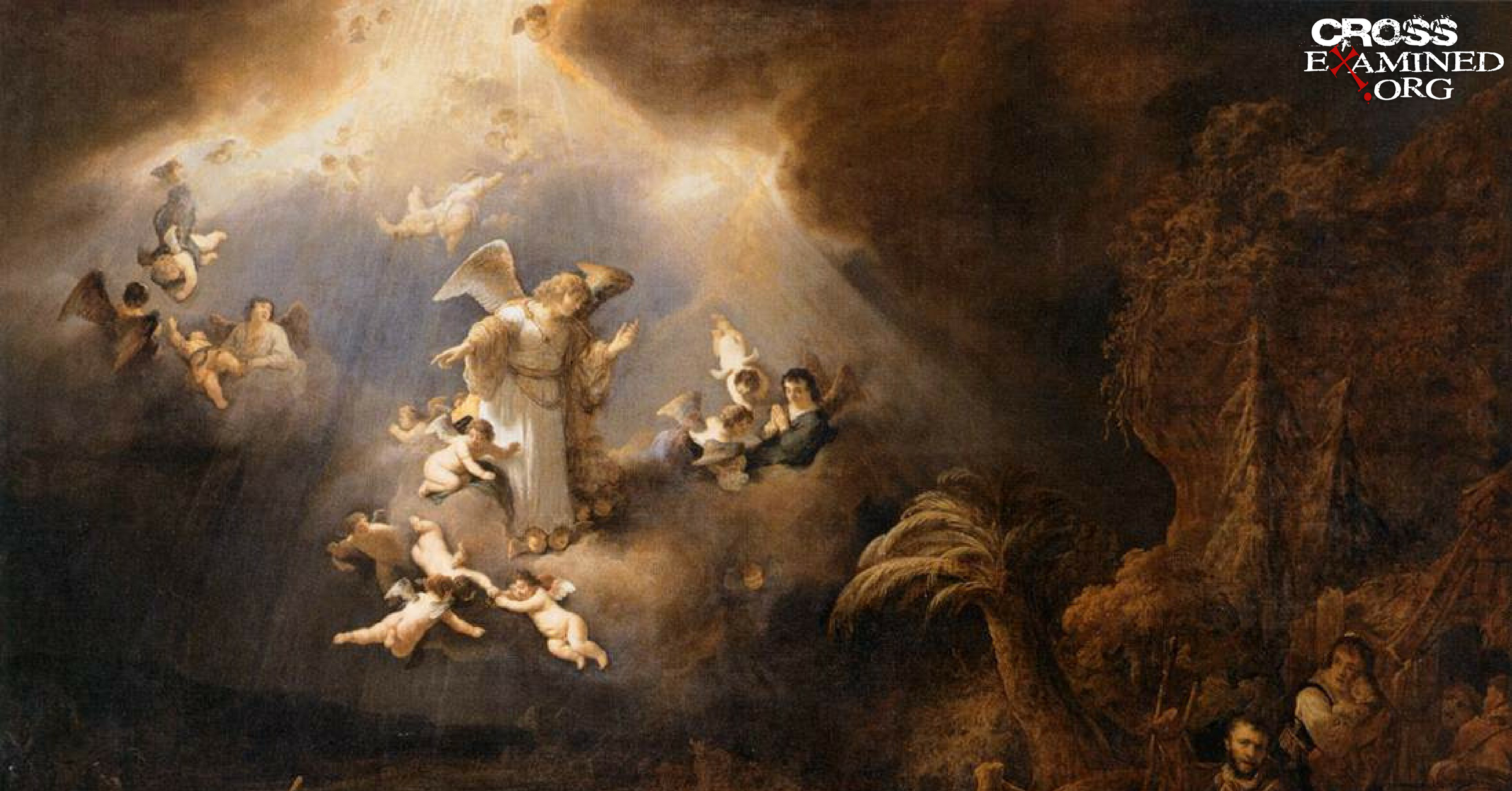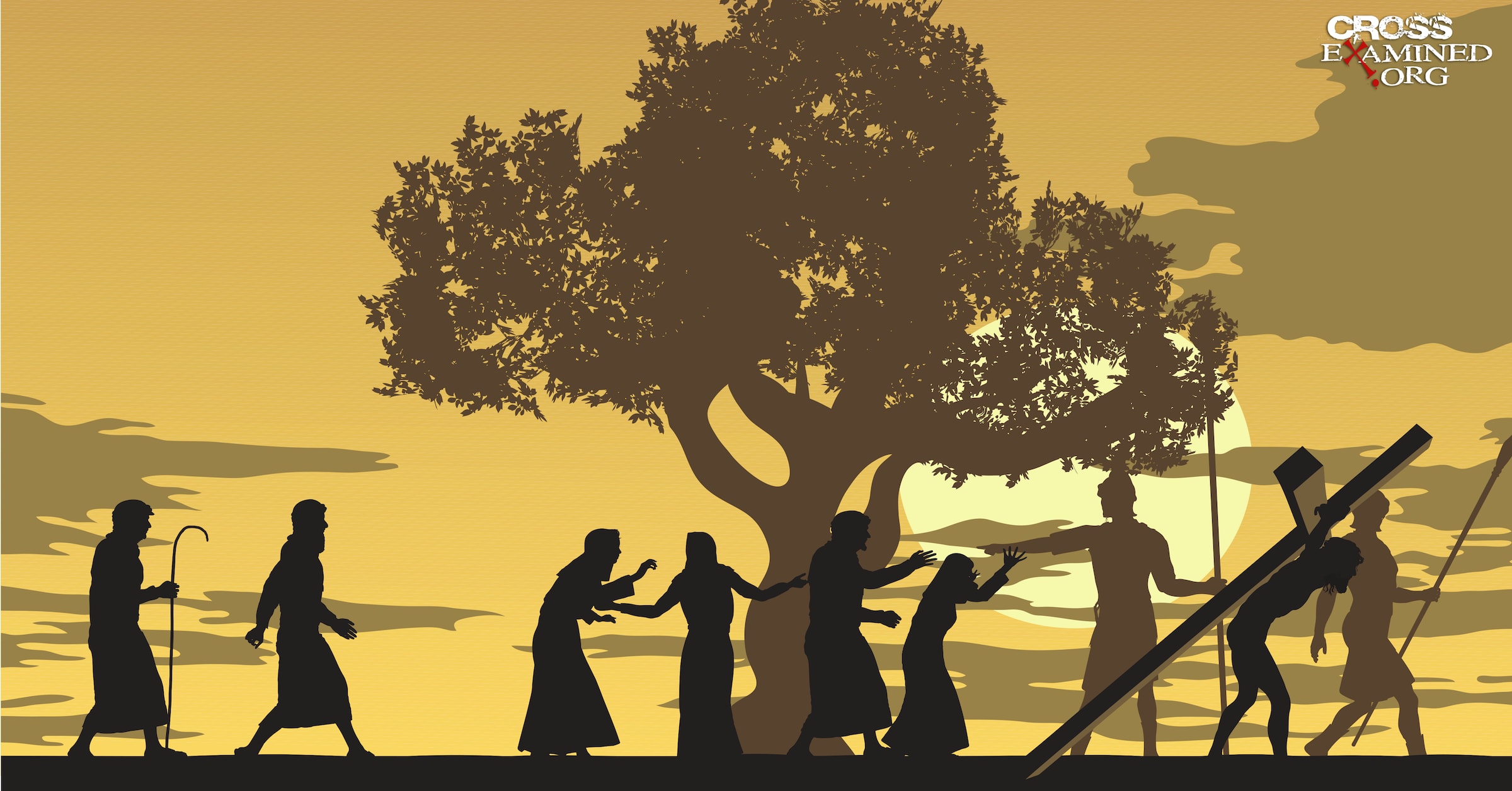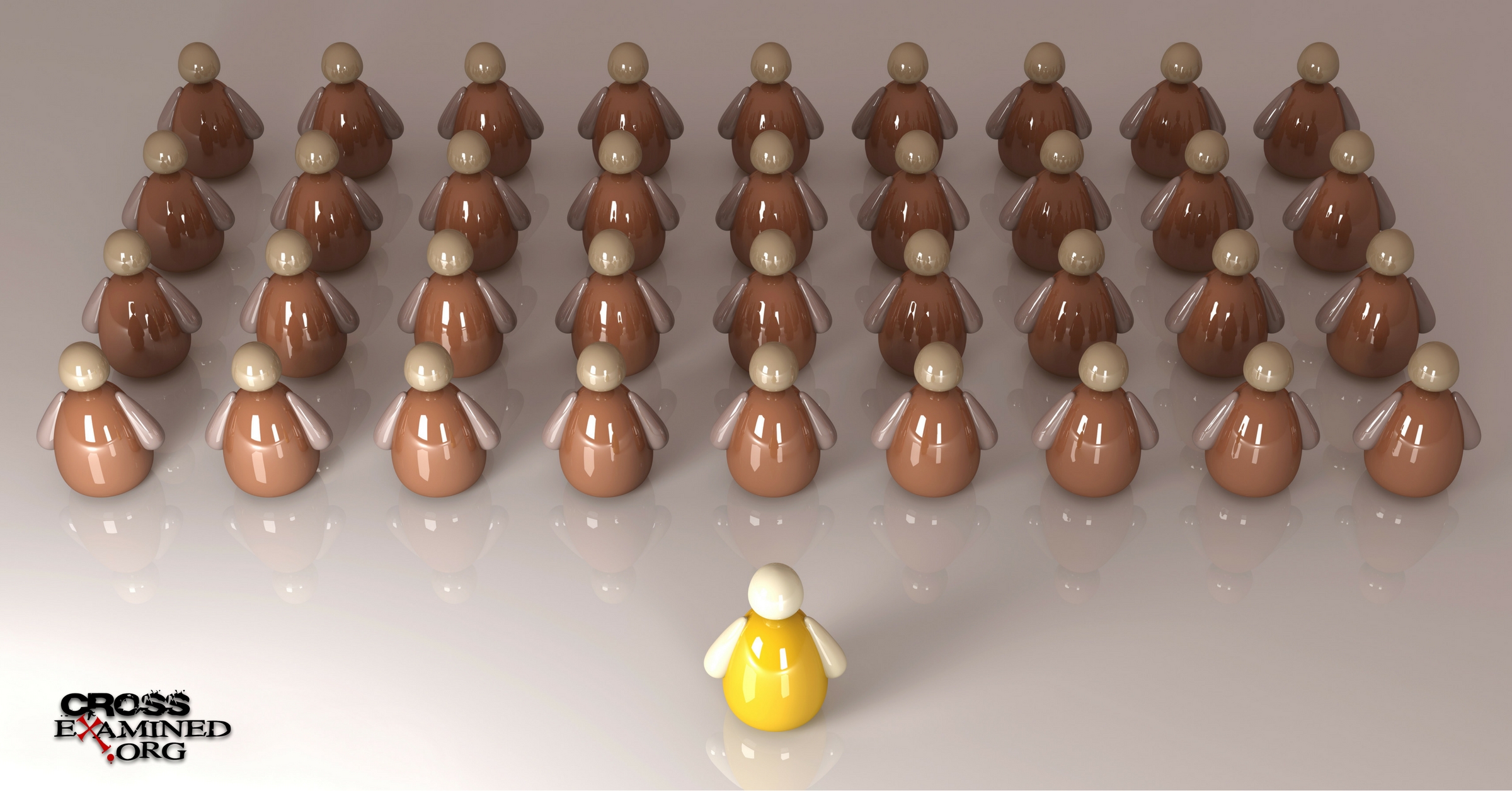Is How We Live More Important Than What We Believe? (Bad Secular Wisdom Series #1)
By Natasha Crain
Today I’m starting a blog series called, “Bad Secular Wisdom.” If you’re not familiar with the term, a blog series is where an author writes multiple posts on a related subject. I’m not normally a fan of such series because I think they get old fast, but in this case there are so many interesting and important topics for Christian parents that fall under the umbrella of “Bad Secular Wisdom,” I’m excited to do it. I’ll be posting once per month in the series, with remaining posts on other subjects.
The reason this series is so important is that our world is filled with bad secular wisdom…little pieces of a godless worldview that spread like a virus and infect the minds of young people before they even realize it. They sound good, but are harmful narratives that kids too often attach to their Christian worldview without understanding the great inconsistencies. My hope is that this series will inspire you to challenge your kids to think critically about each of the subjects we cover.
For the first post, we’re going to tackle the illogical idea that how we live is more important than what we believe.
Is How We Live More Important Than What We Believe?
I first came across the phrase “how we live is more important than what we believe” on a chalkboard outside of a coffee shop last year. I shook my head, thinking the baristas should stick to coffee making. Since then, however, I’ve seen the idea pop up in all kinds of places.
One well-known person who actively promotes this notion is Gretta Vosper. Vosper is a United Church of Canada minister…who’s also an atheist.
In 2015, a review committee from her denomination found that she was “not suitable” to continue in her role because she doesn’t believe in God (a shocking committee conclusion, I know). But Vosper’s congregation has insisted on keeping her as pastor, despite the fact she no longer preaches about Christianity.
If that sounds hard to believe, this quote from one loyal church member will help you understand the mentality of the congregation: “It’s not about coming to hear that I’m a sinner. That is so yuck. This fulfills my need to feel upbeat. The services are more happy and joyful, more interested in community and justice.”
Vosper has authored several books, including one called, With or Without God: Why the Way We Live is More Important Than What We Believe. On her website, she emphasizes, “We’re not going to stop trying to make the world a better place. We hope you don’t either.”
Vosper and her church community are clearly committed to living lives that benefit the Earth and those who live on it. They’re presumably doing many good things for society, and that’s commendable. But is Vosper’s claim true, that how we live is more important than what we believe?
As we’ll see in this post, this is bad secular wisdom.
It’s not consistent with atheism or Christianity!
Inconsistent with Atheism
Saying how we live is more important than what we believe presumes there is some way all people should live. No one has an objective basis for claiming that, however, if God doesn’t exist—should implies a moral obligation. But if humans are nothing more than a bunch of molecules in motion, to whom would we be morally obliged? To other molecules in motion? Clearly not. In a world without God, no one can prescribe a way of living for anyone else because there’s no moral authority, and, therefore, no objective basis for doing so. How a person “should” live can only be a matter of opinion.
An atheist who chooses a life of crime because he or she doesn’t believe there’s any moral significance to our existence is living more consistently within the atheistic worldview than one who claims all people should live in a particular way.
Inconsistent with Christianity
The Bible says that what you believe about Jesus has eternal significance:
- John 3:16: “For God so loved the world that he gave his one and only Son, that whoever believes in him shall not perish but have eternal life.”
- Romans 10:9: “If you declare with your mouth, ‘Jesus is Lord,’ and believe in your heart that God raised him from the dead, you will be saved.”
- And John 14:6 says Jesus is the only way to God: “I am the way and the truth and the life. No one comes to the Father except through me.”
From a Christian perspective, how you live cannot be more important than what you believe—what you believe determines where you will spend eternity. To be clear, however, that doesn’t mean the way in which a Christian lives his or her life doesn’t matter. The Bible says that “faith by itself, if it is not accompanied by action, is dead” (James 2:17).
A genuine love for God results in a life of good works for God’s glory. Belief and action go hand-in-hand.
Furthermore, only Christians and other theists have an objective basis for determining what it means to do “good” works in the first place. In a godless world, there’s no objective moral standard by which works can even be called good.
The Bottom Line
Anyone, regardless of what they believe about God, can do good things with their life. Christians, atheists, and people with all kinds of other beliefs help the homeless, give money to charities, participate in environmental causes, fight child abuse, advocate for crime victims, and much more. For atheists, doing things like these that Christians and other theists would call good is a matter of preference…one as morally legitimate as a life of crime. While some atheists, like Vosper, might say all people should live to make the world a better place, that’s an objective claim that’s inconsistent with an atheistic worldview. “How you live is more important than what you believe” is a belief itself, and ironically determines how a person lives.
While the lives of atheists and Christians sometimes look similar in the good works they do, the Bible is clear that those similarities don’t make believing in Jesus any less important.
Belief matters…in an eternally significant way.
Original Blog Source: http://bit.ly/2oM0gDt












Leave a Reply
Want to join the discussion?Feel free to contribute!